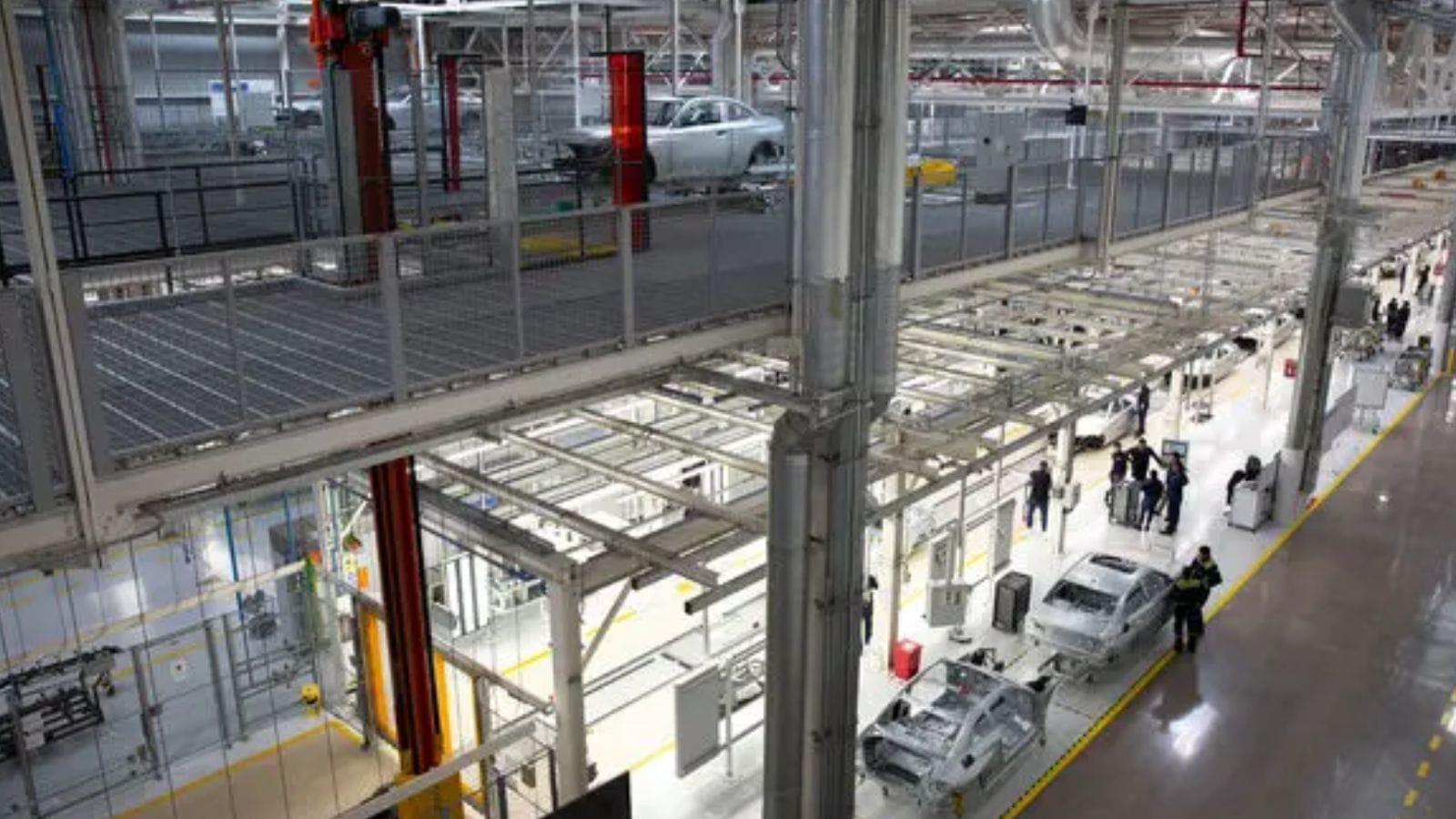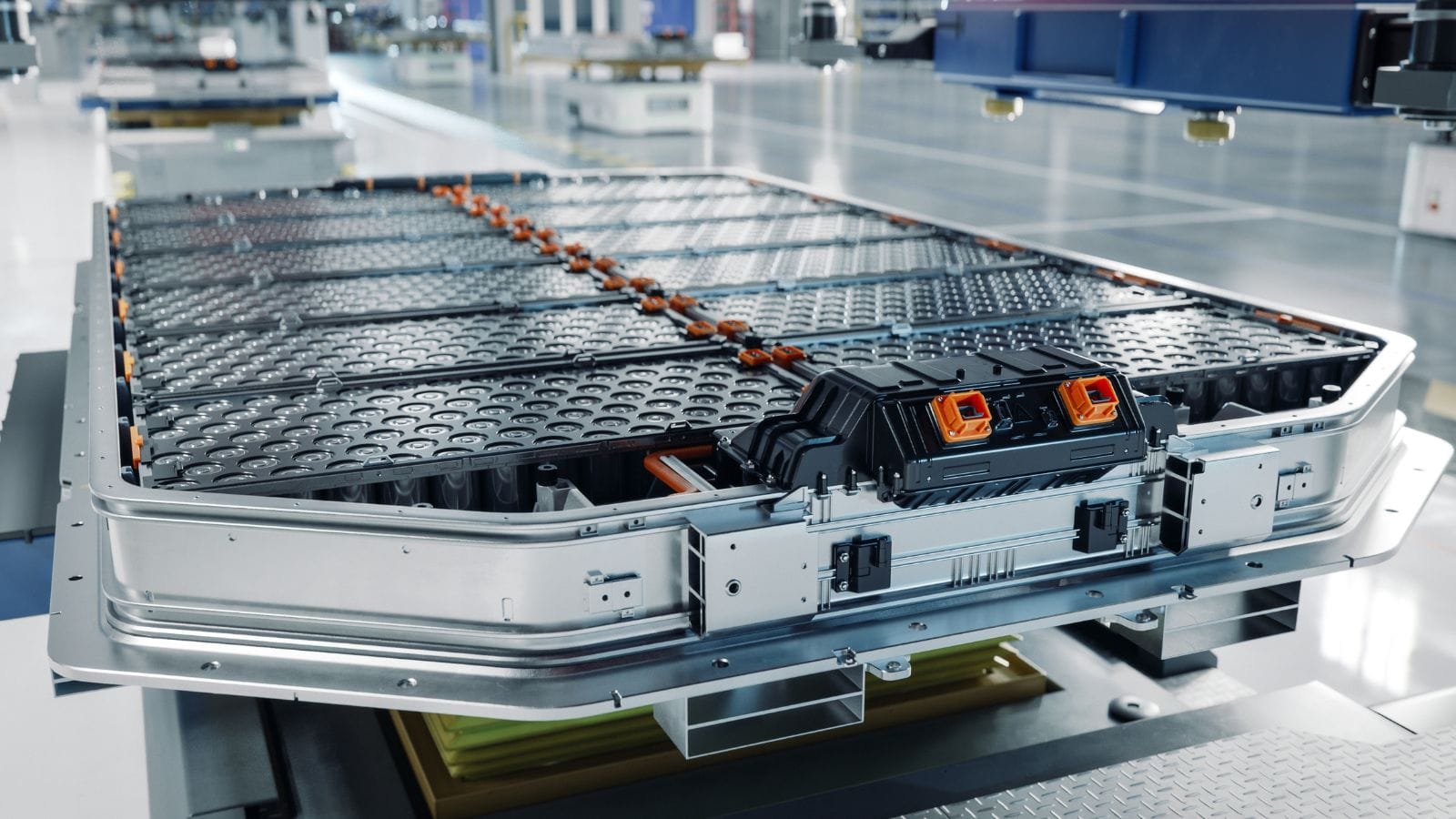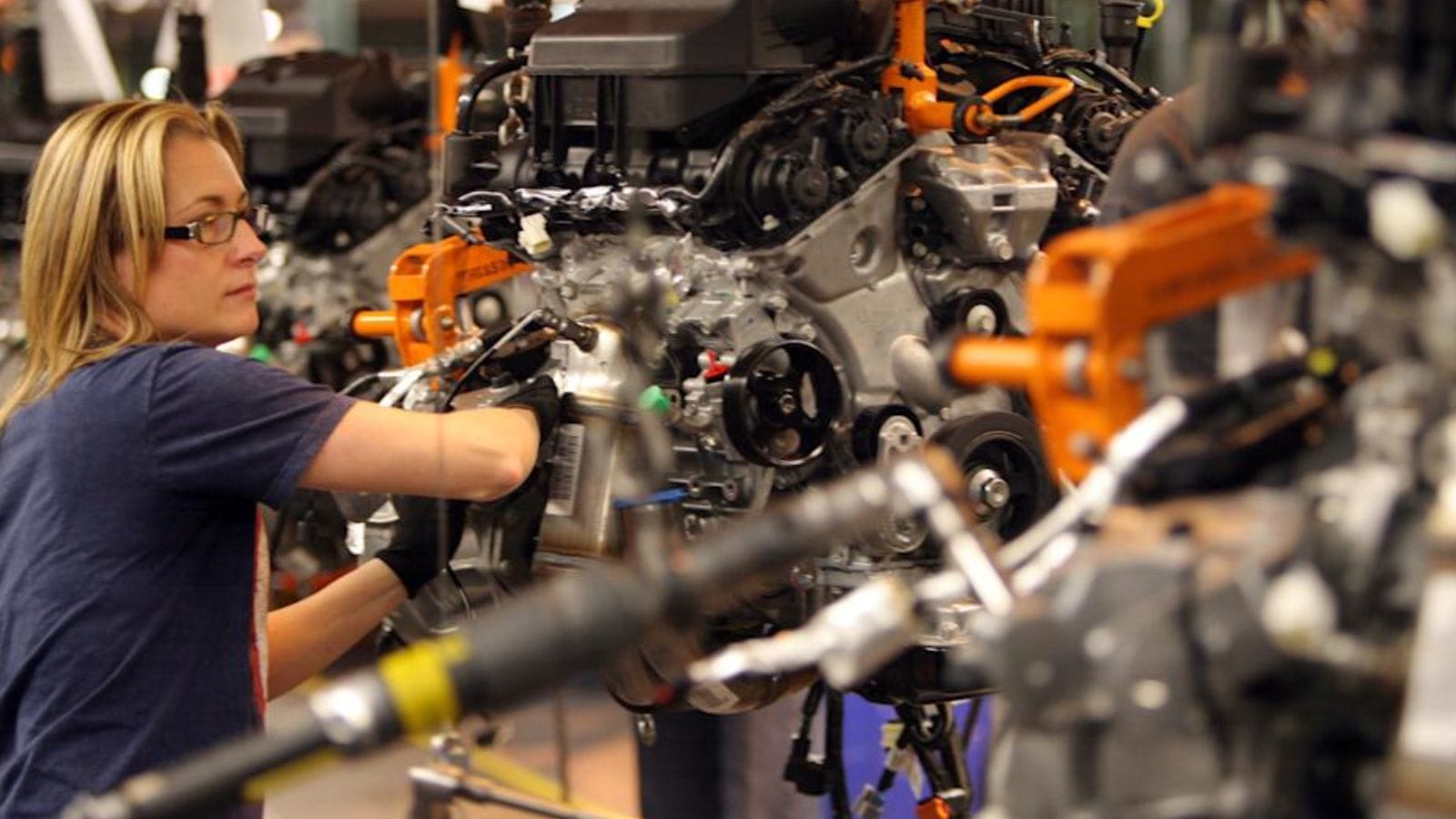Tariff battles between the U.S. and other countries aren’t just headlines. They’re hitting Canadian auto workers where it hurts. From layoffs to delayed plant expansions, the ripple effects are felt in factories, dealerships, and supply chains nationwide. Even jobs that once felt secure are now in question. Here are 20 shocking impacts of U.S. tariffs on Canadian auto jobs:
Parts Suppliers Are Taking the First Hit

Auto parts suppliers across Ontario and Quebec are already seeing a dip in orders due to shifting U.S. demand. Many rely on cross-border contracts that are now under review or paused altogether. Some Tier 1 suppliers have reduced overtime or frozen hiring. These businesses are often the first to respond to changing trade costs, and when they slow down, the impact ripples outward. Even workers with years of experience are reassigned or watching the job boards more closely.
Investment in Canadian Plants Is on Hold

Automakers are rethinking future investments in Canadian factories as tariffs cloud the market. Decisions about retooling plants for EVs or adding new shifts have been delayed or shelved. When U.S. policy throws costs into question, multinationals are more cautious with Canadian operations. Workers expecting upgrades, new contracts, or expanded hours may find plans postponed indefinitely. This hesitation to invest could mean fewer job openings and longer stretches between contract renewals for thousands of union and non-union employees alike.
Auto Transport and Logistics Jobs Are Shrinking

Tariffs impact assembly lines and choke the movement of finished vehicles and parts. With U.S. dealers cutting orders and Canadian exports slowing, trucking and rail companies are hauling fewer auto-related loads. Drivers, dispatchers, and warehouse workers in the auto sector are seeing hours cut or being reassigned to different industries. For those specializing in cross-border auto transport, the slowdown is especially sharp.
Dealership Staffing Is Being Slashed

Fewer cars coming in and fewer customers buying means fewer staff on the floor. Dealerships across Canada are adjusting to higher vehicle prices and thinning inventories. Salespeople, finance managers, and service staff are all at risk. While luxury brands are holding steady for now, mass-market dealers are tightening their belts. Those working in regions where auto sales already lag are especially vulnerable. The pressure from tariffs upstream is now making its way to showrooms, leaving many employees wondering what their next quarter will look like.
Cross-Border Collaboration Is Breaking Down

Canadian engineers, plant managers, and planners often work closely with U.S. counterparts on shared projects. However, growing trade tensions are making this collaboration harder. Companies are dividing teams and rethinking how much cross-border integration they can afford. This affects job security for binational product development, quality control, or logistics coordination roles. As businesses look to localize operations on either side of the border, Canadians in collaborative roles could find their work scaled back or relocated entirely.
Apprenticeships and Internships Are Drying Up

Auto manufacturers and suppliers are quietly reducing programs for students and recent graduates. Apprenticeships, co-op placements, and entry-level roles are often the first to go during a slowdown, and with tariffs creating uncertainty, many companies are scaling back. Young workers hoping to get a foot in the door find fewer opportunities to train on-site. This hurts current job seekers and threatens to weaken the long-term pipeline of skilled tradespeople and technicians the industry relies on to keep evolving.
Shift Work Is Becoming Less Reliable

Flexible shifts used to be a selling point for auto plant workers, but many now see schedules slashed or unpredictable. Tariffs are reducing output targets, and in response, some employers are reducing third shifts or going to shorter workweeks. For hourly workers, this means smaller paycheques and more complex decisions at home. Even if layoffs haven’t hit, the financial strain is felt through hours’ loss. This growing instability is challenging for those with families or second jobs.
EV Production Plans Are Losing Momentum

Canada had positioned itself as a key player in the electric vehicle transition, but tariff threats are shaking that confidence. Some automakers are reconsidering plans to build EVs in Canada due to the risk of U.S. trade penalties or incentive limits. Workers who trained for the shift to EV production may now be left waiting. It’s a tough pill to swallow for regions that were banking on long-term growth. If these plans stall further, entire communities could feel the long-term impact, not just assembly line workers.
Tool-and-Die Shops Are Struggling

Tool-and-die shops, essential to making car parts, are facing a drop in orders as U.S.-bound production slows. These businesses are often small or mid-sized and heavily dependent on contracts from larger manufacturers. When demand dips, there’s little room to absorb the loss. Skilled machinists and technicians may be let go, not for lack of talent, but because there’s less work. These jobs are hard to replace and rebuild once they’re gone. Canada could lose key parts of its industrial workforce without support or stability.
Union Negotiations Are Getting Tougher

Unionized auto workers are entering bargaining periods with less leverage. As automakers respond to trade disruptions, they push back on wage increases and long-term commitments. Union leaders are now forced to fight to maintain previous gains, not advance them. Some companies are using tariffs as an excuse to stall talks or ask for concessions. Workers expecting improved benefits or job protections may face disappointment. What used to be a path toward better job security is now a more fragile balance between labor demands and company uncertainty.
Automation Plans Are Speeding Up

As production costs rise due to tariffs, some automakers are accelerating plans to automate more factory tasks. Machines don’t need benefits or worry about cross-border politics. For Canadian workers, this means jobs once thought to be safe could be replaced sooner than expected. Welders, assemblers, and quality control staff already see reduced hiring in favor of automation upgrades.
Supplier Diversity Initiatives Are Slipping

Efforts to diversify suppliers, especially in ownership and regional representation, are being deprioritized as companies scramble to reduce costs. Small and minority-owned Canadian suppliers, many of whom had secured contracts in recent years, are now being edged out by larger global players with deeper pockets. The result is a loss of jobs and a setback in making the supply chain more inclusive and representative. It’s a reminder that progress in equity can be fragile when economic pressure hits.
Testing and R&D Jobs Are Relocating

With tariffs raising the cost of moving prototypes and parts across borders, some automakers are shifting research and development jobs to the U.S. This includes vehicle testing, software integration, and early-stage product planning, which are often high-paying and stable roles. Canada’s strength in auto R&D, particularly in Ontario, is now at risk. Engineers, technicians, and analysts who once worked on cutting-edge projects may find fewer opportunities close to home.
Benefits and Perks Are Being Cut Back

It’s not always about layoffs. Some companies are trying to save money by trimming health benefits, reducing bonuses, or cutting perks like paid training and commuter support. For auto workers, especially those with families, these cuts add up. What once made these jobs secure and attractive is starting to fade. Even those who remain employed full-time are seeing their quality of work-life change. While the job title may stay the same, its support is shrinking as employers try to stay competitive in a tariff-heavy market.
Retirement Plans Are Being Restructured

Several auto companies are quietly restructuring their pension and retirement savings plans, citing financial uncertainty caused by tariffs. Some are freezing defined benefit plans, while others are shifting to contribution-based options that put more risk on employees. For longtime workers approaching retirement, this can mean rethinking timelines or making hard choices about future security. It’s a worrying trend that could reshape expectations for younger workers, who face a more uncertain path to retirement, even if they stay in the industry for decades.
Quality Control Teams Are Being Downsized

As automakers look for ways to tighten budgets, quality control departments are asked to do more with less. In some Canadian plants, this has meant fewer inspectors on the line and faster turnaround times for final checks. Workers in these roles, which are often considered critical to brand reputation, are finding themselves reassigned or let go. The risk isn’t just job loss. With fewer eyes on the final product, mistakes become more likely, potentially affecting overall plant performance and leading to more stress on the remaining staff.
Supplier Contracts Are Moving to Mexico

Some Canadian suppliers are losing business to Mexico, where labor remains cheaper and trade with the U.S. faces fewer hurdles. This shift, driven by tariff avoidance, is costing jobs in Ontario and Manitoba. Fabrication, electronics, and plastic part manufacturers that once had steady U.S. clients are seeing contracts canceled or moved south. As supply chains realign, many skilled Canadian workers are caught in the middle, watching opportunities disappear without warning and struggling to replace them in an increasingly competitive job market.
Rural Auto Plants Are the Most Vulnerable

Smaller plants in rural towns, often dependent on a single automaker or supplier, face the most serious threats. When production slows or contracts dry up due to tariff concerns, these plants don’t have backup revenue streams. Layoffs or closures in these communities can be devastating, affecting not just auto workers but also local businesses that rely on their spending. With fewer transportation or retraining options in rural areas, displaced workers have a harder time bouncing back, turning short-term cuts into long-term hardship.
Skilled Trades Are Migrating to Other Industries

As the auto sector becomes more unstable, skilled tradespeople, like electricians, millwrights, and welders, are moving to more predictable industries such as construction or aerospace. This brain drain weakens the sector’s long-term ability to rebound. When business picks up again, companies may struggle to fill positions with experienced workers. This shift is gradual for now, but if tariffs persist or worsen, the loss of talent could accelerate.
Morale Across the Industry Is Taking a Hit

Even in factories not facing immediate layoffs, the mood has shifted. Workers are worried about job security, managers are fielding tough questions, and everyone feels uncertain. When people don’t know what’s coming, productivity and engagement drop. It’s harder to attract new hires or keep experienced staff motivated. The emotional toll of tariff anxiety is real, and it’s showing up in everything from absenteeism to lower enthusiasm on the line. This drop in morale is a significant concern for an industry that depends on teamwork and trust.
22 Times Canadian Ingenuity Left the U.S. in the Dust

When people think of innovation, they often picture Silicon Valley. However, Canada has a history of innovation, too. Whether it’s redefining sports, revolutionizing medicine, or just showing America up at its own game, Canadian inventors, thinkers, and dreamers have had their fair share of mic-drop moments. Here are 22 times Canadian ingenuity left the U.S. in the dust.
22 Times Canadian Ingenuity Left the U.S. in the Dust
